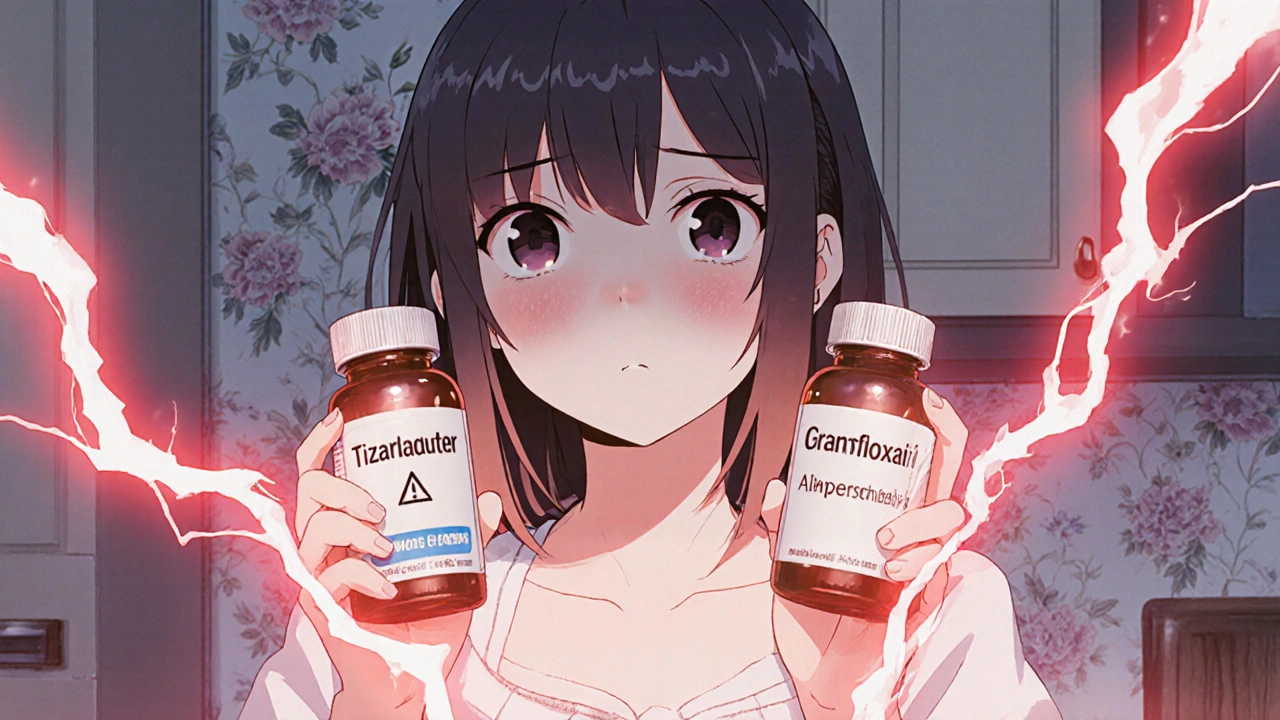Medication Risks: What You Need to Know Before Taking Any Drug
When you take a medication risk, any potential harm caused by a drug, including side effects, interactions, or improper use. Also known as drug safety concern, it’s not just about what the pill does—it’s about what it does to your body when mixed with other things. Most people think if a doctor prescribed it or it’s sold over the counter, it’s safe. That’s not true. Medication risks can turn a simple treatment into a life-threatening situation—and they often happen because no one told you the full story.
Take drug interactions, when two or more medications react in a way that changes their effect, often dangerously. Calcium supplements can block your thyroid medicine. Ashwagandha can push your thyroid levels too high if you’re already on levothyroxine. Even something as simple as iron can stop your antibiotics from working. These aren’t rare cases. They happen every day because people don’t know to space out their pills or ask their pharmacist about what’s in their cabinet. Then there’s expired medicine, drugs past their labeled date that may lose strength or break down into harmful compounds. Some meds, like insulin or antibiotics, become useless. Others, like certain heart pills, can turn toxic. You wouldn’t eat spoiled food—why take expired pills?
And it’s not just what’s in the bottle. Your body’s condition matters too. If you have chronic kidney disease, metformin or SGLT2 inhibitors need dose adjustments—or they can cause serious harm. If you’re on azathioprine for an autoimmune issue, taking allopurinol for gout could shut down your bone marrow. These aren’t guesses. They’re documented, deadly combinations that doctors have to actively monitor. Yet, many patients never hear about them until something goes wrong.
Even supplements you think are harmless—like melatonin, magnesium, or herbal teas—can interfere with your prescriptions. And if you’re buying meds online, you’re risking counterfeit drugs with wrong ingredients or no active compound at all. Overseas manufacturing issues, falsified records, and weak oversight mean your bottle might not even contain what the label says.
This collection of posts doesn’t just list risks. It shows you exactly where they hide: in your daily routine, in your supplement shelf, in the fine print on your prescription bottle. You’ll find real examples—like how Phenergan can cause dangerous drowsiness when mixed with alcohol, or how steroid eye drops can raise eye pressure if used too long. You’ll learn how to time your calcium with your thyroid pill, how to spot fake expiration dates, and why your employer’s health plan pushes generics not just to save money, but because they’re just as safe when used right.
None of this is meant to scare you. It’s meant to arm you. Medication risks are real, but they’re avoidable—if you know where to look. Below, you’ll find clear, no-fluff guides on exactly what to watch for, when to ask questions, and how to protect yourself without needing a medical degree.

Red Flags in Drug Interactions: Combinations Your Pharmacist Should Question
Certain drug combinations can cause life-threatening reactions-even if prescribed by a doctor. Learn the top 5 dangerous interactions pharmacists should always question and how to protect yourself from preventable harm.
